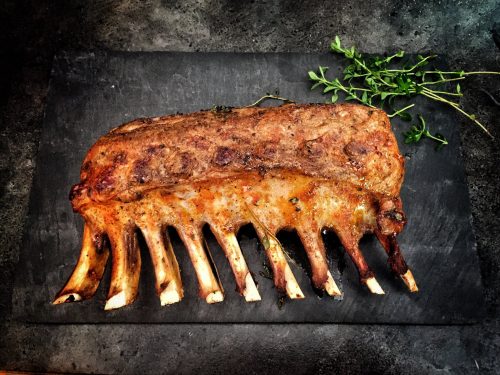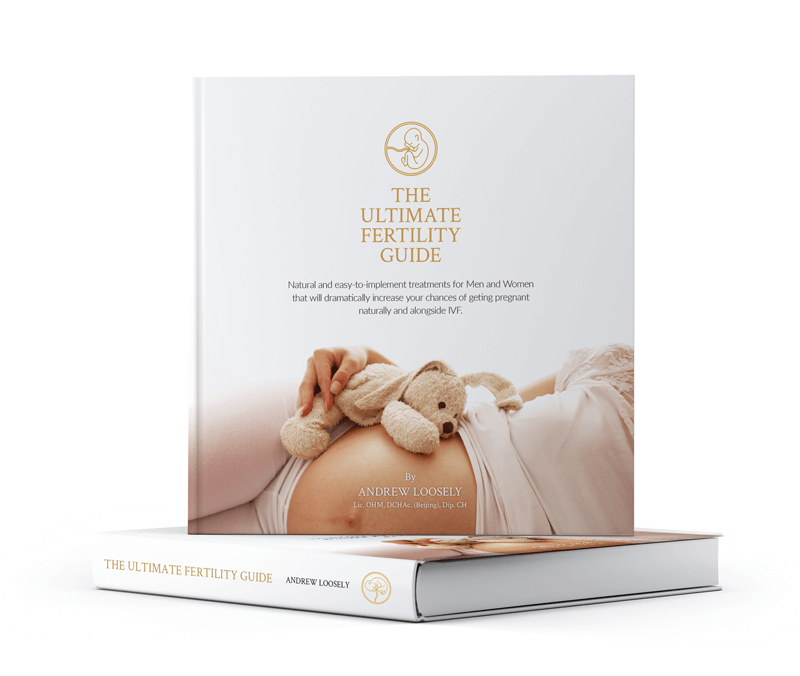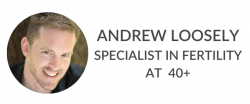Is Lamb a perfect “fertility food”?

Lamb promotes muscle growth, maintenance, and performance and prevents anemia – perfect food for supporting male and female fertility!
Make sure to read the Chinese medicine section below to know when to eat it in your cycle, and when to avoid it.
Grass-fed lamb is a rich source of omega-3, high-quality protein, and many vitamins and minerals, including iron, zinc, and vitamin B12.
It can be purchased in 5 different cuts; shoulder, rack/ribs, shank/breast, loin, and legs.
Vitamin B1: Thiamine is involved in the production of energy through the breakdown of sugars and carbohydrates. This is important for cellular health, which may also influence the health and energy of sperm and egg cells. It’s also important for energy support during pregnancy.
Vitamin B2: Research shows that Riboflavin can act as an antioxidant, which helps to combat against harmful free radicals. Free radicals are known to negatively impact sperm and egg health, and so antioxidants are a vital part of the human diet.
Vitamin B3: Niacin as with most other B vitamins is involved in energy production within the mitochondria of your cells (the powerhouse of the cell). Pregnancy requires good levels of niacin, as does breastfeeding.
Vitamin B5: B5 is involved in the production of hormones, along with cholesterol, and so is vital for maintaining fertility health.
Vitamin B9: Folate is an important nutrient for general and fertility health. It’s involved in the creation of DNA as well as the building of proteins, and many other important functions including the healthy development of your baby’s’ spinal cord. During pregnancy folate also supports the growth of the placenta and helps to prevent several types of birth defects, especially those of the brain and spine.
Vitamin B12: Aiding in the production of DNA, RNA, and neurotransmitters, Cobalamin is a really important nutrient for developing healthy eggs and sperm – and for your babies’ future health development.
Vitamin K: Vitamin K is an essential nutrient necessary for responding to injuries as it regulates normal blood clotting. Vitamin K can be particularly useful if you suffer from heavy and/or painful periods as it can help slow down the blood flow and reduce cramping.
Vitamin E: Vitamin E is an antioxidant that helps protect cells against damage caused by free radicals. This nutrient is really helpful in protecting sperm and egg cells from free radical damage, which can damage the DNA of the cell and may lead to morphology issues – in sperm and eggs.
Selenium: is one component of antioxidant enzymes and is also used by the body to help support thyroid health, particularly the conversion of thyroid hormones from one to the other. This can help support your thyroid health, which is fundamental for fertility health and pregnancy.
Phosphorus: Is an element that plays an important role in how the body uses carbohydrates and fats. It is also needed for the body to make protein for the growth, maintenance, and repair of cells and tissues. It is essential in our diet and particularly in children when growth and development occurs.
Copper: Copper is essential for overall health and is involved in many processes in the body. It cannot be produced by the body and must, therefore, be consumed through food. Copper helps maintain healthy bones, blood vessels, nerves, and immune function, and it contributes to iron absorption.
Potassium: Is an electrolyte which counteracts the effects of sodium, helping to maintain consistent blood pressure levels – another important element for pregnancy.
Magnesium: Supports a healthy immune system as well as keeps bones strong. It is also great for stress and combined with vitamin B6 can help induce sleep and alleviate symptoms of bloating and weight gain associated with PMS.
Iron: Is a mineral that the body uses to carry oxygen in the blood and plays a key role in strengthening the immune system and helps regulate body temperature.
Zinc: Zinc is essential for the repair and function of DNA, which affects sperm and egg quality. It’s also essential for the rapid growth of cells and the building of major parts of cells during a pregnancy. The development and enzyme activity that takes place during pregnancy is supported by zinc, which means that this is one of the most important nutrients for babies and mothers.
Manganese: is a naturally occurring mineral which aids in the formation of connective tissue, bones, blood-clotting factors, and sex hormones.
CHINESE FERTILITY MEDICINE USE IT TO:
- Treat Qi deficiency
- Treat Blood deficiency
- Treats Yang deficiency
QI DEFICIENCY
Qi is the word used in Chinese Fertility Medicine to describe energy, life force, or vitality inside and outside the body.
Qi is the non-physical aspect of your body that makes all your organs and systems work.
This means that it’s vital for the function of all aspects of your fertility, and pregnancy health too. When your Qi is deficient your body struggles to function efficiently, and this can lead to a variety of fertility issues.
When Qi becomes more severely deficient you will likely present with hormone imbalance, typically with reduced Progesterone, Testosterone and/or FSH levels. In some cases, the FSH can rise and present itself as being elevated, due to the ovaries or testes being underactive and sluggish (tired).
Click here to read more about Qi Deficiency
BLOOD DEFICIENCY
Blood deficiency is a Chinese Fertility Medicine term used to describe an imbalance in the quality of the blood.
The blood is responsible for circulating nutrients throughout the body to all of your cells, including egg and sperm cells.
When it is deficient the blood can’t properly nourish the body and certain aspects of health get out of balance.
This can impact egg and sperm health as the deficient blood is unable to transport necessary nutrients to the eggs and sperm – causing a depletion in their quality, quantity, and activity.
If the Blood deficiency reaches a deeper level of imbalance you will see physiological changes in the blood, such as reduced iron, haemoglobin, ferritin, B-vitamins and other nutrients. You may also see changes in the volume and quantity of the blood cells and it’s clotting ability or nature.
Click here to read more about Blood Deficiency
YANG DEFICIENCY
Yang Deficiency is the Chinese Fertility Medicine term used to describe a lack of activity, warmth, or metabolism within your body.
It basically indicates an under-activity of the body – often related to the adrenal function, or the Hypothalamic-Pituitary-Adrenal axis. This axis regulates hormone production and release and is also involved in the regulation and production of energy and warmth.
Yang Deficiency often manifests as Thyroid issues, particularly Hypothyroidism and Hashimoto’s Thyroiditis as both are caused by an under-active metabolism.
Click here to read more about Yang Deficiency
Lamb supports internal warming, which can help towards overcoming coldness, through its ability to strengthen and warm the body.
Cook with fresh ginger and garlic to further optimise the warming and strengthening effect.
When to eat lamb in your cycle:
As lamb is warming, it has an affinity with the luteal phase. It’s, therefore, best eaten after ovulation to support the energy required to produce Progesterone – the warming hormone.
Season available: May- June
How it’s typically cooked: Roasted, slow cooked and used in casseroles.
Cautions: Not to be consumed if you have edema, malaria, a common cold, fever, toothache, or any type of health issue that relates to ‘Heat’ or has a heat sensation.
Overeating lamb in the follicular phase of your cycle may elevate BBT temperatures or stimulate early ovulation for women that tend to ovulate earlier.
Disclaimer: www.natutralfertilityexpert.com/disclaimer
NEED MORE HELP?

GRAB YOUR FREE E-COPY OF MY #1 BOOK (3rd Edition)
THE ULTIMATE FERTILITY GUIDE
Claim your free guide to discover the 3 steps that could dramatically speed up your journey to having your baby!
Unsubscribe any time. Your privacy is important to us and we never share your details. Once signed up you’ll also receive helpful fertility tips emails, to give you expert support on your journey. Here’s our Privacy Policy.
ANDREW LOOSELY
The Natural Fertility Expert
Fertility at 40+
© 1998-2024 Andrew Loosely - United Kingdom
